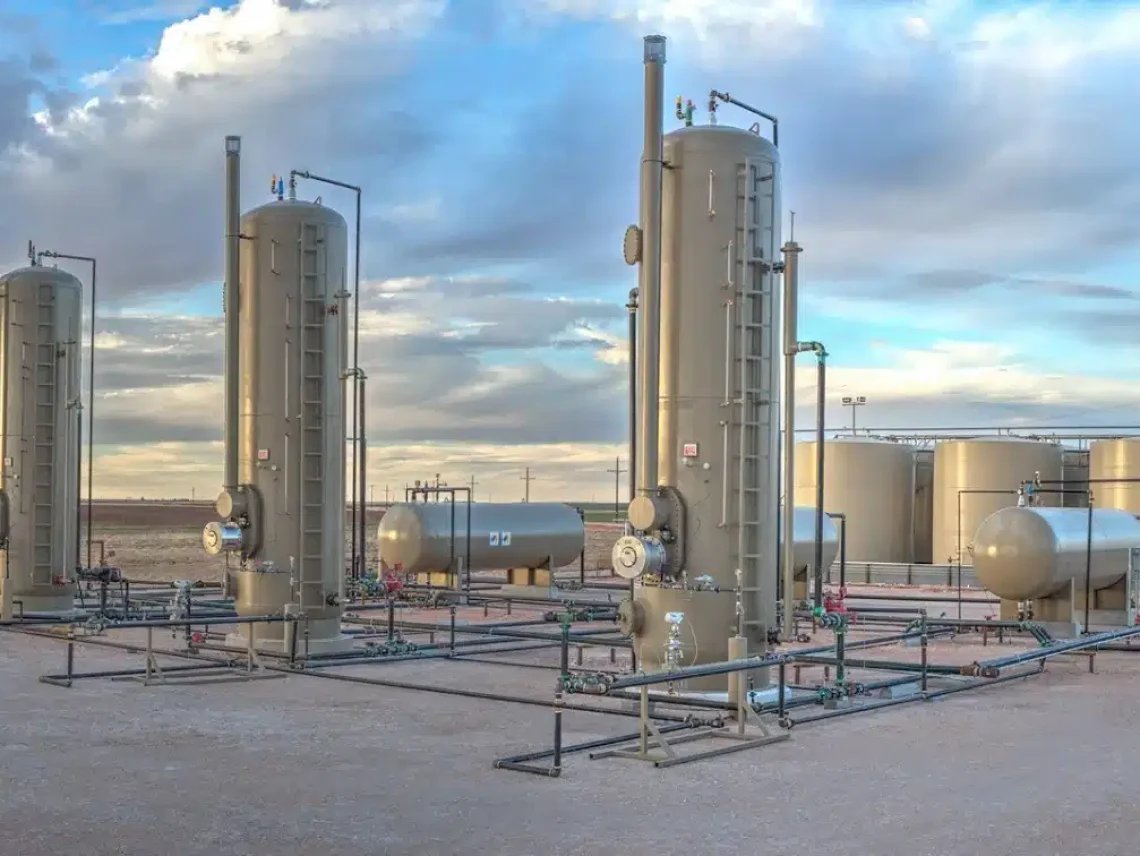The Electricity Usage of Heated Airers

Table of Contents
ToggleIntroduction to Heated Airer Efficiency
What Is a Heated Airer?
A heated airer, often found in the homes of those looking for an efficient way to dry clothes, operates on electricity to provide a controlled drying environment. This appliance can be especially beneficial for folks in climates where outdoor drying is limited by weather conditions.
Benefits of Using Heated Airers
For our hard-working, blue-collar clients, like those at Red River LLC who value efficiency and practicality, heated airers offer a considerable advantage. They speed up the drying process, require minimal space, and can reduce the wear and tear on fabrics that often come with tumble drying.
Common Types of Heated Airers Available
From freestanding models to wall-mounted units, heated airers come in various styles to suit different space and load capacities. Each type offers unique benefits, whether you’re outfitting a small apartment or a large family home.
The Technology Behind Heated Airer Efficiency
How Do Heated Airers Work?
Heated airers use electrical resistance to generate heat, similar to the way many of our pressure vessel applications at Red River operate when dealing with heat exchanges in power generation or biogas sectors. This heat is then evenly distributed across rods where the clothes are hung.
Key Components and Their Roles
Each component of a heated airer, from the heating element to the frame structure, plays a crucial role in its efficiency and safety—qualities we at Red River hold in high regard in all our manufacturing processes.
Innovations in Heated Airer Technology
Recent advancements in thermostat integration and energy-efficient designs echo the innovations we strive for in our pressure vessel projects, ensuring optimal performance with minimal energy waste.
Analyzing Electricity Consumption
Average Power Ratings of Heated Airers
Heated airers typically consume less electricity than traditional tumble dryers, making them a cost-effective solution. They align well with our goals at Red River for creating energy-efficient solutions in all our fabrications and installations.
Factors Affecting Electricity Usage
The size of the airer, ambient temperature, and load capacity can significantly impact its energy consumption. Understanding these factors can lead to more informed decisions, much like how we approach each client project with a tailored strategy to maximize efficiency.
Need a reliable partner?
FAQ: Heated Airer Efficiency and Electricity Usage
How do heated airers compare in energy efficiency to other modern appliances?
Heated airers are designed with energy efficiency in mind, typically consuming less electricity than traditional tumble dryers. For instance, while a standard dryer might use about 2000-3000 watts, heated airers generally operate between 100-300 watts. This makes them significantly more energy-efficient and an economical choice for routine use.
Can the use of a heated airer impact my monthly energy bill significantly?
The impact of a heated airer on your monthly energy bill is relatively minimal, especially when compared to other high-energy appliances like electric heaters or ovens. Using a heated airer for several hours a week typically adds only a few dollars to your monthly electricity costs, which can be further mitigated by utilizing off-peak energy rates if available.
Are there specific features in heated airers that help reduce electricity usage?
Many modern heated airers come equipped with features such as timers and auto shut-off functions, which help manage energy use more effectively. Timers allow users to set specific drying times, reducing the risk of running the airer unnecessarily, while auto shut-off ensures the unit powers down immediately once the clothes are dry, avoiding wasted energy.
What maintenance tips can help ensure my heated Airer remains energy-efficient?
Regular maintenance such as cleaning the airer to remove lint and dust buildup can significantly improve its efficiency. Ensuring that the airer is in a well-ventilated area also helps to distribute heat more evenly, which can reduce drying times and conserve energy. Periodically checking for any wear on electrical components and ensuring that the unit is in good working order can also help maintain its energy efficiency.
Are there alternative drying solutions that are more energy-efficient than heated airers?
While heated airers are an energy-efficient drying solution, other methods can be more sustainable, such as air-drying clothes naturally on a drying rack or outside on a line, which consumes no electricity. For those looking for quicker methods, investing in newer technology like heat pump dryers can be more energy-efficient than traditional tumble dryers, though the initial cost may be higher.
Table of Contents
ToggleRelated Blog Post
- Are heated airers worth it?
- Do heated airers cause damp?
- What is the best type of air dryer?
- Are electric drying racks cheap to run?
- How much electricity does a dry buddy use?
- Is a dehumidifier better than a heated airer?
- What is the most efficient type of air dryer?
- What is the dew point of a heatless air dryer?
- How does heatless regenerative air dryer work?
- Is it cheaper to run a heated airer or a tumble dryer?
- Do heated airers use less electricity than tumble dryer?
Solutions
In the realm of industrial solutions, Red River emerges as a pioneer, offering a diverse range of custom-engineered products and facilities. Among our specialties is the design and production of Custom/OEM Pressure Vessels, meticulously crafted to meet individual client requirements, ensuring performance under various pressure conditions. Our expertise extends to the domain of prefabrication, where Red River leads with distinction.
The company excels in creating prefabricated facilities, modules, and packages, reinforcing its stance as a forerunner in innovation and quality. This proficiency is further mirrored in their Modular Skids offering, where they provide an array of Modular Fabricated Skid Packages and Packaged equipment. Each piece is tailored to client specifications, underlining their commitment to delivering precision and excellence in every project they undertake.
